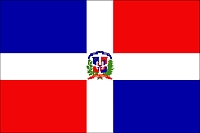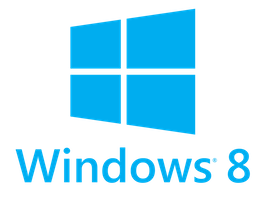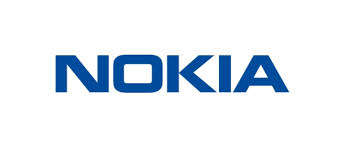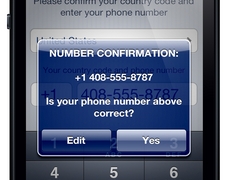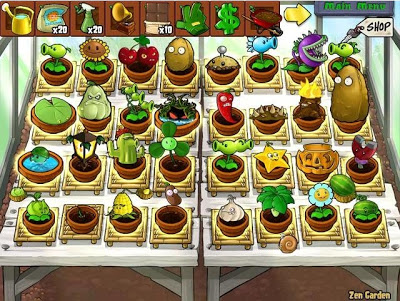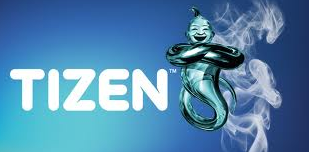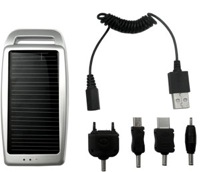Phishing is the most common way bad guys steal your passwords and hook viruses into your machine. This is routinely done via email, but this practice is becoming more popular in SMS messages in a practice Forbes has called Smishing. Today, I received one such message and thought I’d go deeper and get to the heart of this malicious phenomenon.
While in the Dominican Republic I made it my personal mission to gain data access on my smartphone. Over the years, this process has become easier as the companies have accommodated smartphone users. With an unlocked smartphone, you can get reliable and useful pre-paid cell phone and data access in the Dominican. I’ve learned a few things along the way that you’ll want to know if you plan to do this.
Yesterday I was hit with an idea. I present you with the app application description for “Runner” – a crowd-sourced micro task tool that anyone can use to get what they want or make money helping others.
Many users and technology enthusiasts alike have theories as to how the failure of Windows 8 in 2012, could have succeeded if only Microsoft did something different. From creating different versions to allowing the Start Menu from boot to an alternative patch of Windows Phone 7. The more intriguing question, however, is if Windows 8 would have succeeded if Microsoft branched its “Metro” and “Classic” interfaces into two distinct products.
Today, the Internets blew up with news about Microsoft buying Nokia’s devices and services business.
Being able to control what is publicly displayed would go along way to helping Whatsapp with privacy issues. But, the application appears to also be easily hijacked; that’s a problem and I’ll show you why.
You might remember a post on this very blog talking about a game addiction to Plants vs Zombies, the very popular strategy game on many platforms. One of my first experiences playing the game was on an iPad, and then on the iPhone and, more recently on an Android phone and tablet. Since purchasing the Nexus 7, I’ve wanted to try to Plants vs Zombies again so I went to pick it up in the Google Play store. What I purchased for $2.99, however, was disappointment.
Tizen has been under my radar for the better part of a year. No longer, I can tell you about Tizen and the promise this new OS brings.
In a recent event, Rogers and CIBC have jointly announced (read the release here) a mobile payment solution based on NFC (Near Field Communications). This announcement is apparently a first in Canada (contact-less payments are already possible by way of other solutions – but generally not with smartphones).
I wanted to take a look and give it a try. The packaging indicated support for the iPhone and iPod devices and look to have a number of different connectors to use. Heck, it was $14.99 too, so you really can’t lose there, right? I’ll take you on a tour of how this device works, what I liked and what I didn’t like about it – and whether I think this is a useful tool for mobile users.
- 1
- 2



